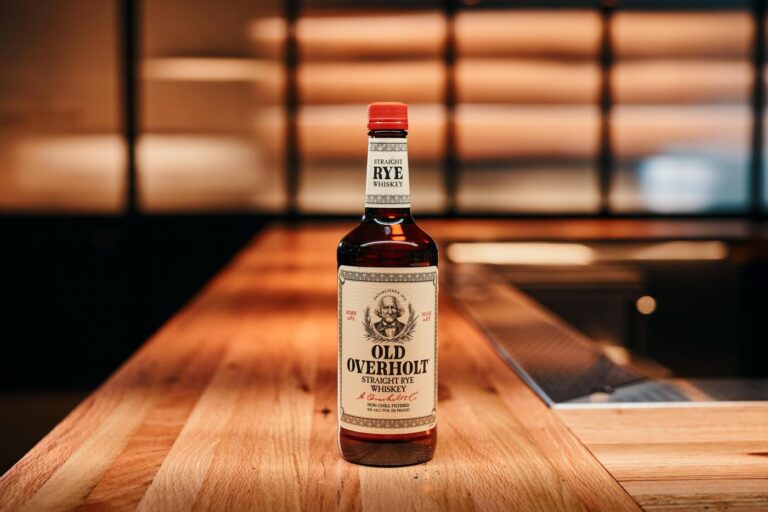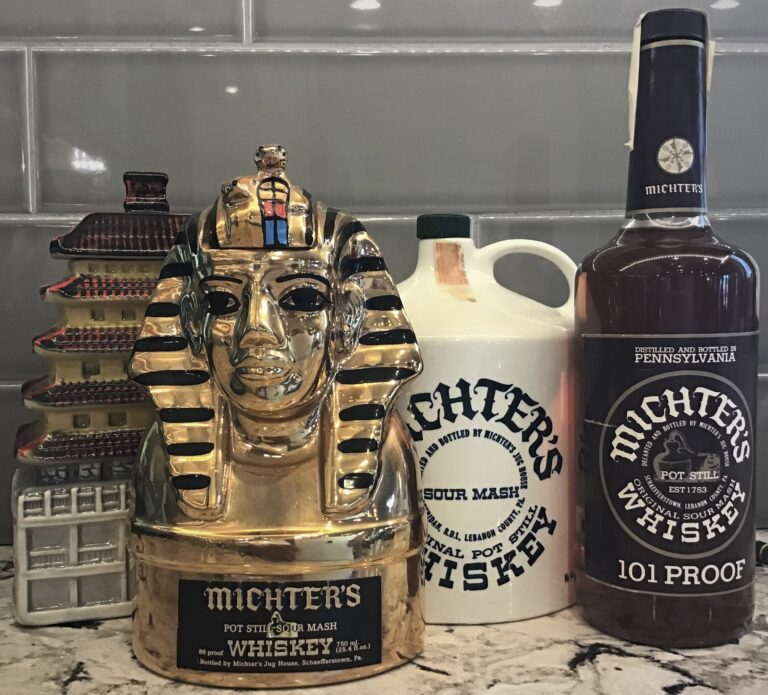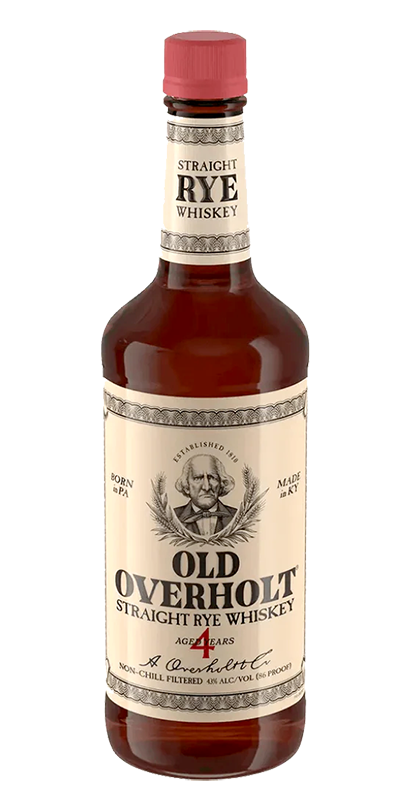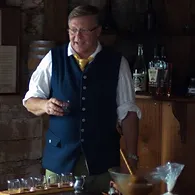
Old Overholt and Michters are popular choices for many American whiskey drinkers. Both are made in Kentucky. These spirits were originally part of a plethora of Pennsylvania produced whiskies at a time when the state dominated the distilled spirits industry in America.
Heinrich Oberholzer left Bucks County, Pennsylvania in 1800. He arrived in Western Pennsylvania, built a log still house and started making small amounts of whiskey during the Madison administration. He changed the family name to Overholt and by the 1820’s the “unruly Mennonite” was producing 15 gallons of whiskey per day. National Distillers bought the brand in 1932. Subsequent decades saw the decline of brown spirits, especially rye as Americans switched to white liquors like vodka. Beam bought the brand in 1987 and the iconic Pennsylvania whiskey moved to Kentucky. It feels sacrilegious to read; born in PA, made in KY. I have not tasted early Old Overholt, but the new juice has a strong corn influence. I like the Beam rye mash bill of rye, corn, and barley. A similar mash bill was used at the Eichelberger Distillery in the early 1800s and sold into the Baltimore market. While there is little chance the brand is coming back to PA there is a new Monogahela Mash of rye and barley in production at Beam.
Michter’s was also a Pennsylvania brand. John Shenk started the distillery in Lebanon County, PA in 1753. The whiskey produced there went through a series of names from Shenks to Bombergers and finally to Michter’s in the 1950’s. The name was a combination of owner Lou Forman’s son’s names; Michael and Peter. A downturn in the American whiskey industry caused the distillery in the heart of the Pennsylvania Dutch country to close the doors. In the 90’s Chatham Imports bought the abandoned, unused trademark for the filing fee and set about restoring the brand; but in … Kentucky! Today this award winning brand is paying homage to the legacy of Pennsylvania whiskey by producing not only a series of Michter’s labels but also a Shenks and Bomberger’s label, albeit at steep prices.

My role in the Eichelberger Distillery at Dills Tavern in South Central Pennsylvania is to share the distilling heritage of the region with visitors. Through educational programs, tastings, festivals and other events we share the legacy of whiskey in Pennsylvania. I am always on the look-out for historical whiskey related items. Though not a common discovery, it is possible to find some of the old whiskies including Michter’s at sales and farm auctions. Mostly the decanters are empty. Occasionally there is spirit inside. Rarely a decanter is found in a box with the seal intact. As I am not the only person with this interest, intense competition from others at sales results in aggressive bidding.
Several weeks ago I attended a small, middle-of-the-week auction. A friend alerted me to a group of decanter’s, one of which was King Tut sitting among glassware, toy trucks and old kitchen tools. It had whiskey inside! I had a prior commitment and could not wait for the item to come up for sale. He suggested I leave a bid … a high bid … with the auctioneer. The whiskey gods smiled down upon me that night. I was shocked to receive a call that mine was the winning bid. Even more shocking was the price; 4 dollars! There were no other bidders.
The following evening, we sat outside the distillery under construction. The 86-proof golden colored liquid glowed in the dimming light of sunset. The mash bill for this whiskey was 45% rye, 45% corn, 10% barley. The corn sweetness tamed down the spicy rye. There were notes of caramel, even butterscotch on the nose. It was delicious despite 50 years in the decanter. For a brief moment, as we savored the dram, we forgot about market forces causing change, fickle taste trends, consolidation in the spirits industry and the constant need for new marketing hooks. We just enjoyed this historic whiskey that was distilled where it was conceived … in Pennsylvania.




